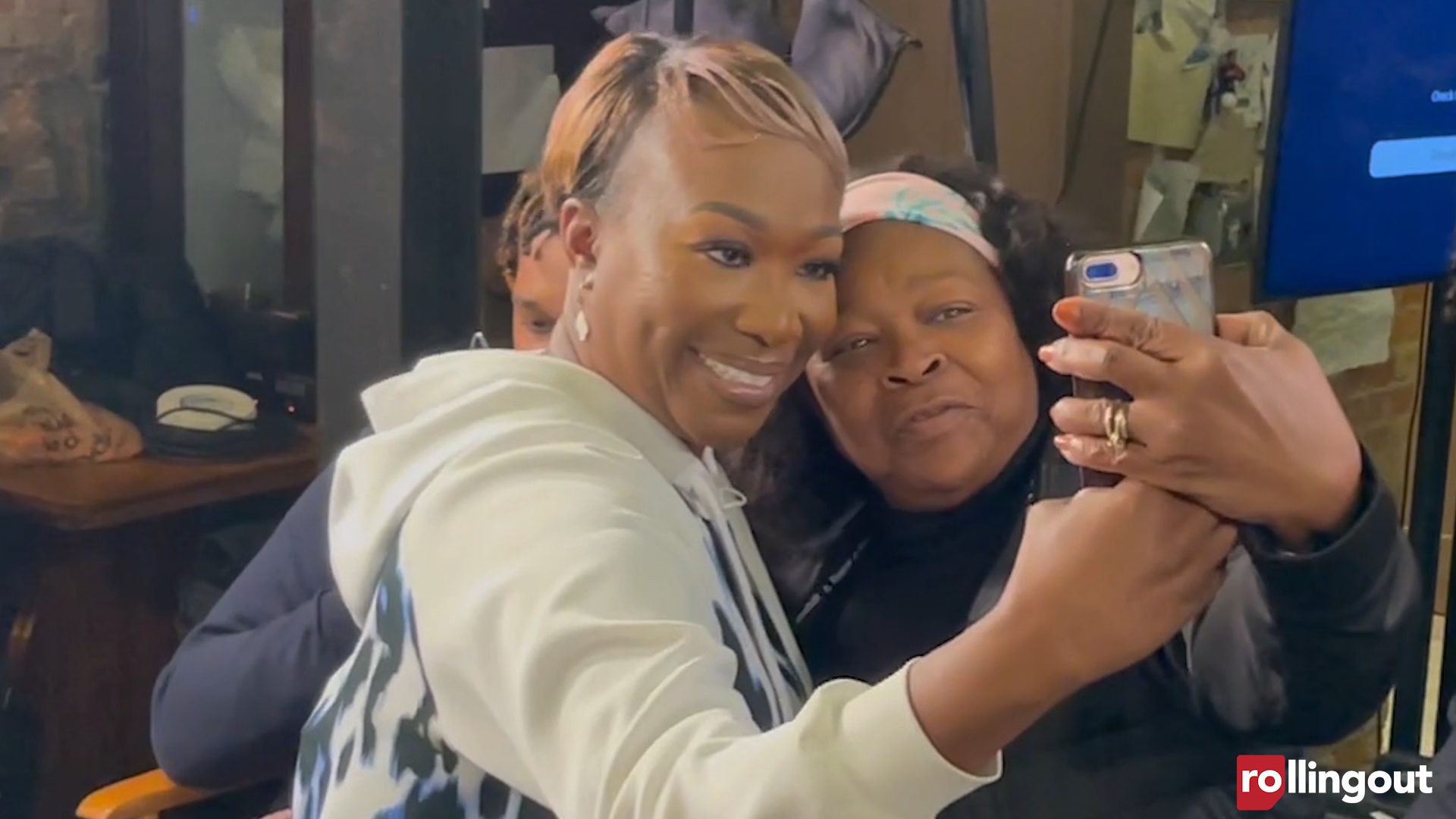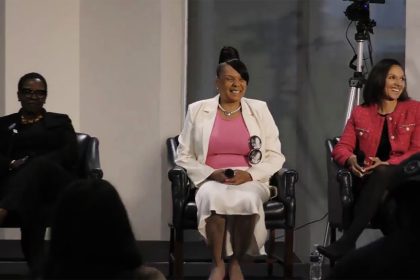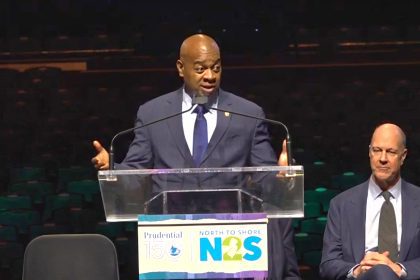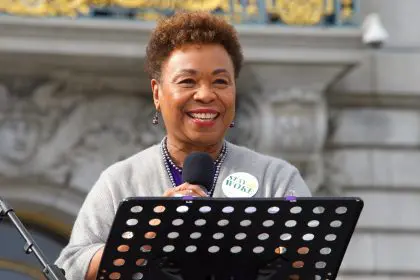As election results poured in from North Carolina, MSNBC analyst Joy Reid delivered a sobering assessment during the network’s coverage that resonated with those who’ve long observed American voting patterns: the lack of support from white women voters for Vice President Kamala Harris, particularly in North Carolina. This commentary has sparked discussions about the voting behaviors of different demographic groups and their implications for the Democratic Party. Her analysis of the 2024 election highlighted a persistent reality: despite messaging centered on reproductive rights and gender equality, traditional voting blocs remained largely unchanged.
History repeats itself
The significance of this election cycle cannot be understated. For those who witnessed Jesse Jackson’s presidential runs in the 1980s, followed the historic elections of Douglas Wilder and Carol Moseley Braun and celebrated Barack Obama’s victories, the 2024 results echo familiar patterns of voter behavior. Vice President Harris — representing multiple firsts in American politics — faced challenges that mirror those encountered by groundbreaking candidates of previous decades.
Beyond surface-level politics
The election results expose the complex interplay between gender, race, and party loyalty that has characterized American politics since the Civil Rights era. North Carolina, a state with deep roots in both civil rights victories and struggles, served as a stark reminder that progress often follows familiar patterns. Despite the Democratic Party’s focused messaging on women’s rights and reproductive freedom, these issues failed to transcend traditional voting alignments.
Looking forward with clear eyes
As Donald Trump secures a projected 277 electoral votes, the results prompt reflection on the state of American democracy. For those who remember the political shifts of the past four decades, the outcome reinforces the importance of sustained engagement and strategic coalition-building.
The conversation sparked by Reid’s comment opens essential dialogues about voter behavior and political identity in modern America. As communities process these results, the focus shifts to understanding and addressing the underlying factors that continue to influence electoral outcomes. This moment calls for the same resilience and strategic thinking that has propelled social progress through previous generations of struggle and triumph.















